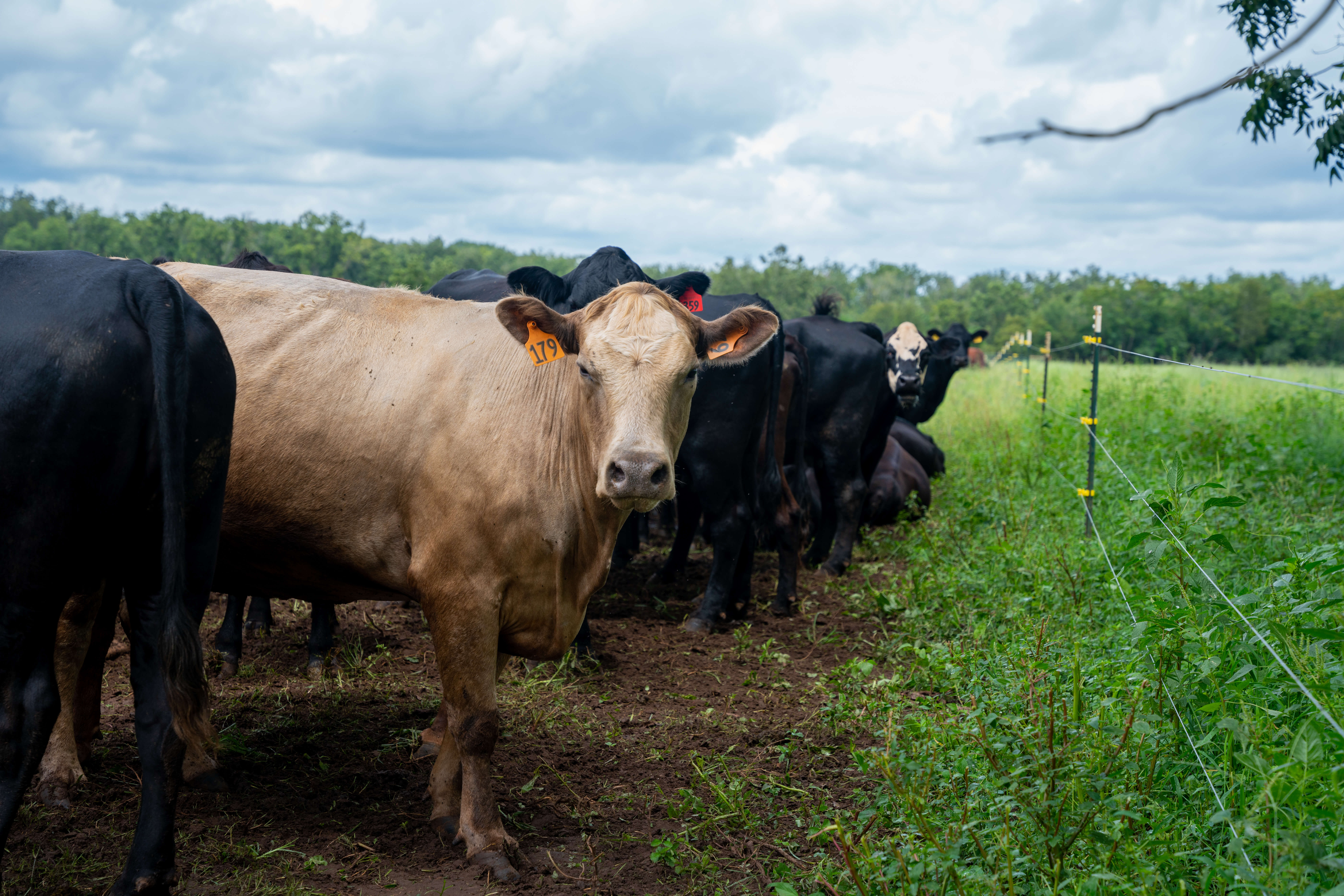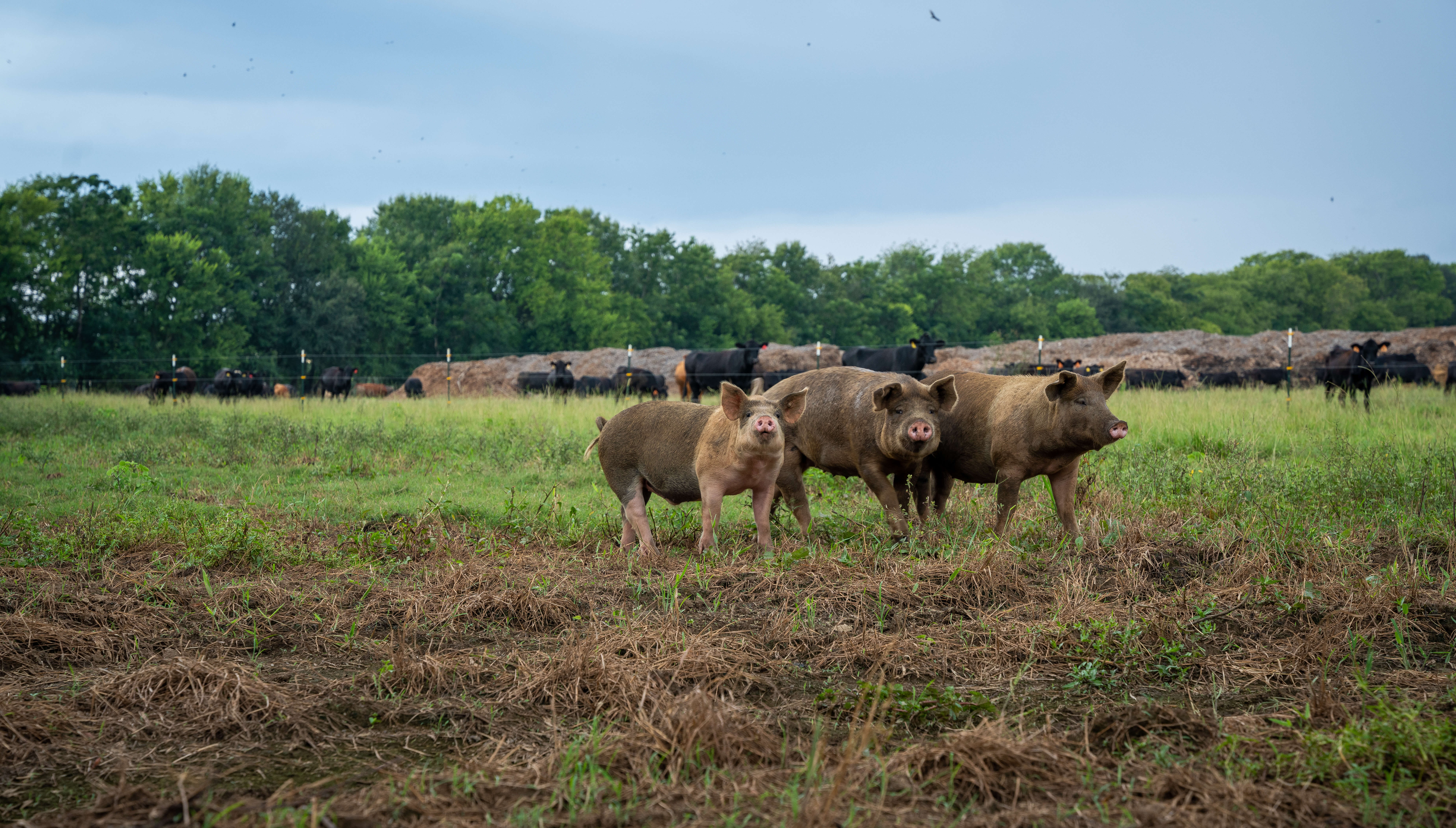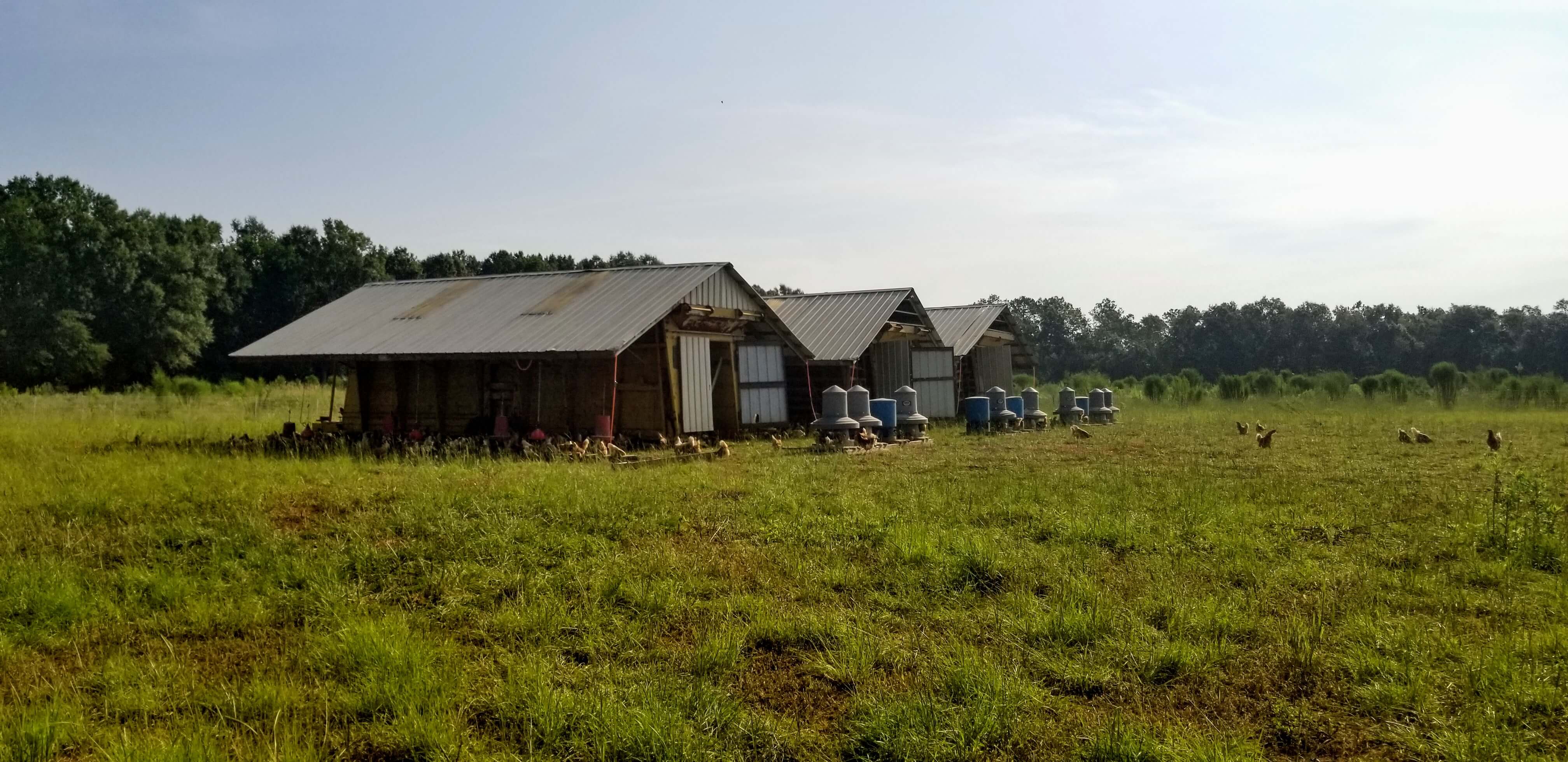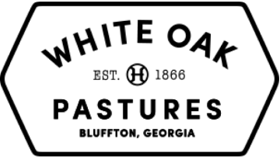
When I was at the UGA College of Agriculture, I made all “C’s”.
During this era, and in my early professional life, we studied reductive scientific research:
- PhD forage experts taught about different forage varieties
- PhD fertilizer experts taught about the impact different fertilization levels had on grass production
- PhD chemists taught about the impact of pesticides on the forages
- PhD animal scientists taught about studies of average daily gains for various grazing techniques
- Pharmacists taught about the production effect of various drugs on the animals
- PhD meat scientists taught about carcass evaluations
- On and fucking on…
I'd bet that these PhD's probably made all "A's" in their field. The problem with all of these experts is that none of them knew much [anything] about management outside of their field. They had vast amounts of knowledge, but it was siloed.
In fact, the entire scientific approach seemed siloed to me. The focus was always on what I thought was a tiny sliver of the animal, land, community, or finances. I always felt like I was watching a ball game through a missing plank in a board fence. 
They were teaching the industrial way of operating a meat production system. As White Oak Pastures has transitioned to a holistic, regenerative model, we’ve created the cowboy way of operating an ecosystem.
The cowboy way is when a cowboy approaches a problem in a way that these highly-educated folks would never consider. I’d like to explain what I mean through a side-by-side comparison.
The Scientist Way |
The Cowboy Way |
| Specialist Knowing more and more about less and less. |
Generalist Recognizing system complexity and the need to understand how multiple systems are interdependent. |
| Siloed Focusing only on one tiny part of the picture for animals, land, or community and trying to understand every part of it in isolation. |
Holistic Recognizing that everything part of a natural system is connected to another part, and nothing can be isolated. To quote John Muir, "When we try to pick out anything by itself, we find it hitched to everything else in the Universe." |
| Nature is a complicated system Believing Nature is like a computer, automobile, or factory. There is a lot going on in it to make it work, and you can isolate components from one another. If one component of the system fails, the system stops operating, but you can fix components individually. |
Nature is a complex system Believing Nature is like a government, community, or your body. There is a lot going on to make it work. If one component fails, the other components morph, and the system will continue to work but it will work differently. |
| Follows reductionist science Believing Nature can be controlled like a complicated system, and that reductionist science that de-complexifies Nature will obtain controllable results. |
Knows reductionist science will have unintended consequences Understanding that reductionist science does not work well in complex systems like Nature, because there are unintended consequences. These consequences are often unnoticed and usually undesirable. |
| Thinks linear Operating as if Nature is linear, like a factory production line. |
Thinks cyclical Operating by recognizing Nature functions in cycles. |
| Prioritizes efficiency Creating scaled up complicated systems that are very efficient. Cost has been taken out of the system's operation. Can be scaled up to enormous, unfathomable centralization. |
Prioritizes resiliency Creating resilient, complex systems that cannot be scaled, but can be easily replicated. A system can absorb changes and adapt to new developments. |

None of the systems on my farm are siloed, because Nature does not operate in silos.
Unfortunately, many people have applied reductionist science to one of the most complex systems in the world: the operation of our food production ecosystem [farms]. This has caused enormous per-unit production costs to be taken out of the farm, making the operation of the farm very efficient.
However, the horrible unintended consequences imprisoned the animals, degraded the soil, water, and climate, and impoverished rural communities. And, maybe worse – our food production system has lost its resilience.
This failed experiment has been a great price to pay for obscenely cheap, wastefully abundant, and questionably nutritious food.
I have always struggled with the reductionist approach to systems that the multinational corporations embrace. It never made much sense to me. This is one reason why I made all "C's" in the UGA College of Agriculture–but White Oak Pastures has found continued success over the last 25 years of regenerative agriculture.

